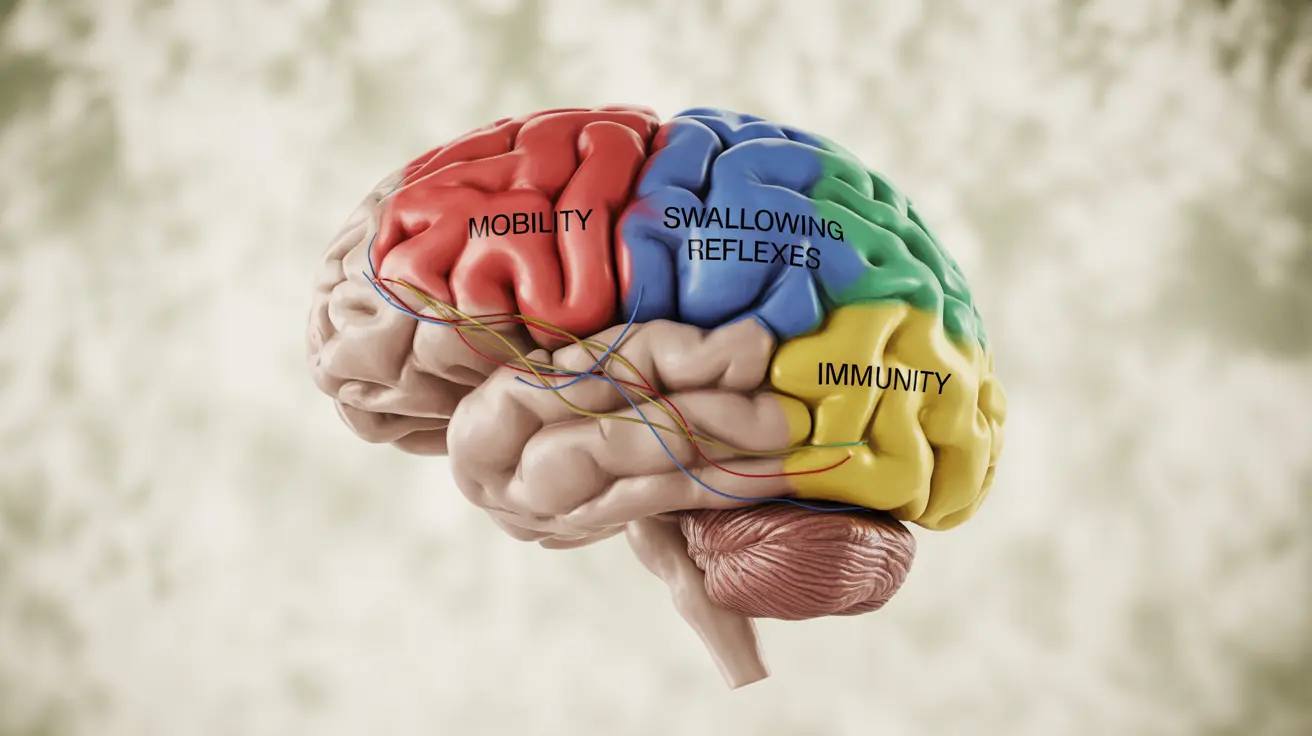Dementia is a progressive neurological condition that affects millions of people worldwide. While the disease itself doesn't directly cause death, it leads to various complications that can become life-threatening. Understanding how dementia progresses and its potential complications is crucial for caregivers and families to provide appropriate care and support.
The Progressive Nature of Dementia
As dementia advances, it affects multiple body systems and functions, not just cognitive abilities. The brain's deterioration impacts essential functions like swallowing, mobility, and immune response, leading to increased vulnerability to various complications.
Primary Causes of Mortality in Dementia
Respiratory Complications
Respiratory problems, particularly pneumonia, are among the most common causes of death in people with advanced dementia. As the disease progresses, the risk of aspiration pneumonia increases significantly due to weakened swallowing reflexes and decreased cough response.
Infection Risks
People with advanced dementia are more susceptible to infections due to weakened immune systems and reduced mobility. Urinary tract infections, skin infections, and sepsis become more common and can be particularly dangerous in the later stages.
Physical Complications
Falls and Mobility Issues
As dementia progresses, coordination and balance become increasingly impaired. Falls can lead to serious injuries, including hip fractures and head trauma, which can significantly impact survival rates.
Nutrition and Hydration Challenges
Swallowing difficulties (dysphagia) often develop in advanced dementia, making it challenging to maintain proper nutrition and hydration. This can lead to weight loss, weakness, and increased susceptibility to infections.
Signs of Advanced Stage Dementia
Recognition of late-stage symptoms is crucial for appropriate care planning. Key indicators include:
- Complete dependence on others for daily care
- Inability to walk or sit up without assistance
- Loss of ability to communicate verbally
- Difficulty swallowing
- Increased susceptibility to infections
- Incontinence
Prevention and Management Strategies
While dementia's progression cannot be stopped, certain measures can help manage complications:
- Regular monitoring of swallowing function
- Proper positioning during meals
- Maintaining good oral hygiene
- Regular physical activity when possible
- Prevention of pressure sores
- Prompt treatment of infections
Frequently Asked Questions
- How does dementia cause death and what are the most common complications?
Dementia itself doesn't directly cause death, but rather leads to complications that can be life-threatening. The most common complications include pneumonia, infections, falls, and complications from poor nutrition and hydration.
- Why is pneumonia, especially aspiration pneumonia, a leading cause of death in people with dementia?
Aspiration pneumonia occurs frequently in advanced dementia because the disease affects swallowing reflexes, allowing food or liquids to enter the lungs. This, combined with a weakened immune system, makes pneumonia particularly dangerous.
- What role do swallowing difficulties and infections play in dementia-related mortality?
Swallowing difficulties increase the risk of choking and aspiration pneumonia, while also making it harder to maintain proper nutrition. These issues, combined with a compromised immune system, make infections more frequent and severe.
- How do falls and mobility problems contribute to the risk of death in dementia patients?
Falls can lead to serious injuries like fractures and head trauma, which can significantly impact survival rates. Reduced mobility also increases the risk of blood clots, pressure sores, and infections.
- What are the signs that dementia is progressing to a life-threatening stage?
Key signs include complete dependence on caregivers, inability to walk or communicate, severe swallowing difficulties, recurring infections, and significant weight loss. These symptoms indicate the need for specialized end-of-life care planning.




